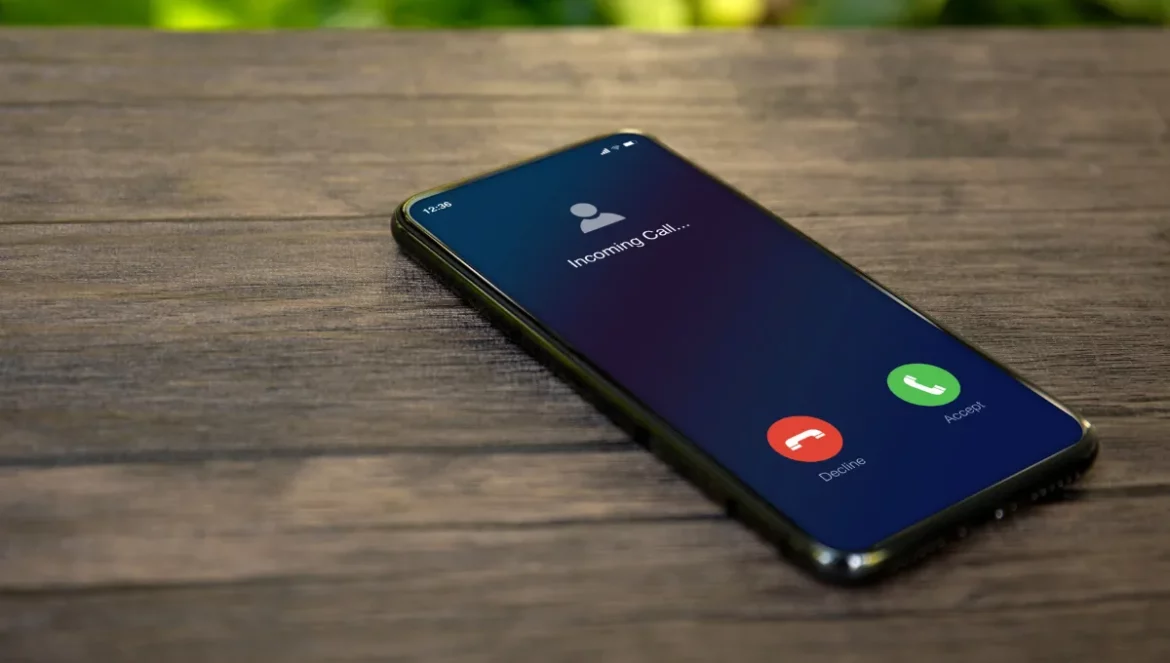By Zayamu Hassan
Concerned by the rising cases of Sexual and Gender-Based Violence (SGBV) in different parts of the country, a Non-Governmental Organisation (NGO) Lawyers Alert, has launched free toll lines (USSD Code) for victims in the five states of the country.
The pilot states which were picked from each of the geopolitical zones of the country include Bauchi, Benue, Kano, Osun and Enugu.
At the formal launch of the toll lines in Abuja, the Director of Programmes, Lawyers Alert, Roseline Oghenebrume, said that SGBV is prevalent in Nigeria with its interventions inequitably distributed owing to limited knowledge, lack of access to services and poverty.
The USSD Code, according to her, will enable persons to type in codes on any phone whether a smartphone or not, internet-based or not, and the person will be availed with information as to where to access free services when in danger of sexual and gender-based abuse.
She explained that “anyone in the bedroom can use these USSD code, the farms, corporate setting, etc. It brings down the wall of non-accessible assistance by victims of sexual and gender-based violence.
“It brings services and information to the doorstep of victims at no cost whatsoever. Victims do not need credit, airtime or phone data to access this.
“The USSD will bridge the gap between service providers and women by providing information on their rights and nearby services such as psychosocial support centers, shelters, health facilities, legal support etc.
“It will address information gaps without internet connectivity acting as a potential barrier. It will aid speedy services delivery because findings have revealed that often perpetrators of SGBV live under the same roof as their victims.”
The benefits of the USSD, according to her, “it is safe to use as the issue of confidentiality is factored into its development; it is free (no SMS change attached to it); it works without internet connectivity and it provided information on SRHR services within proximity to users.”
She, therefore, encouraged women and vulnerable groups to use the USSD to curb SGBV in various locations. The USSD code will be invaluable regarding SGBV interventions, both at policy and non-governmental levels, being posited in an informed and coordinated manner.
She commended partners and donors for their support to the successful rollout of the project, which according to her, is aimed at assisting women and underserved populations in Nigeria.
Responding to questions from journalists, Legal/Programme Officer to Lawyers’ Alert, Solumtochukwu Ozobulu Esq, explained that: “In the rural areas, the women can easily use the code even when there is no network connectivity and dial and select the options available and they will be quickly linked to a service provider close to them.”
On the yardstick for the choice of the 5 states, she said: “This is a pilot stage. We selected a state each from the geopolitical zones of the country. Benue was picked because of the crisis going on there which led to the increase in Internally Displaced Persons (IDPs) and the fact the same led to the escalation of violation against women.
“The same with Bauchi, there is increase number of IDPs which increased the rate of conflict going on there. Enugu was influenced by its border with Benue which has increased crisis in recent time. The same goes with Osun because of the crisis going on there.
“We chose location no only that we have rural women, but location where women are pushed to be at disadvantage. This is to enable women and girls at those locations able to access SRHR services.
“This is the first phase of the project; we will have the second phase where we will engage the women on sensitization in all the states included in the pilot stage.”
In order to sustain the project and escalate it to other states of the country, Lawyers’ Alert, according to her, is already discussing with other partners to see how other states and local governments can key into and be on board.




